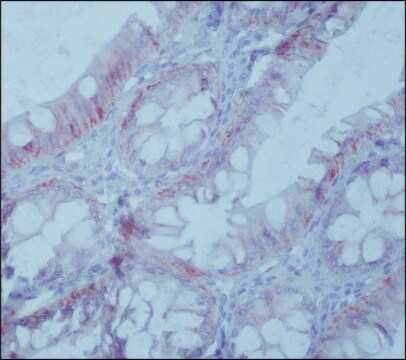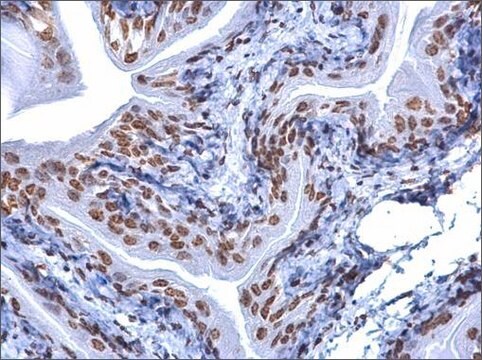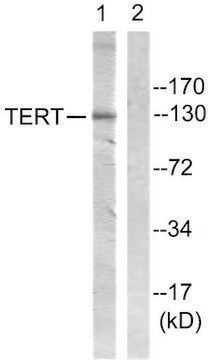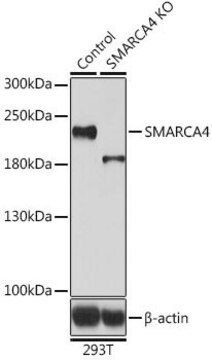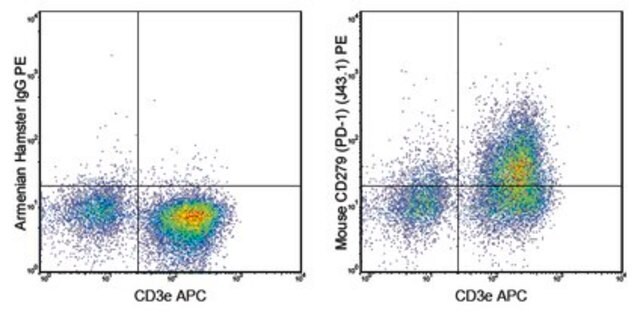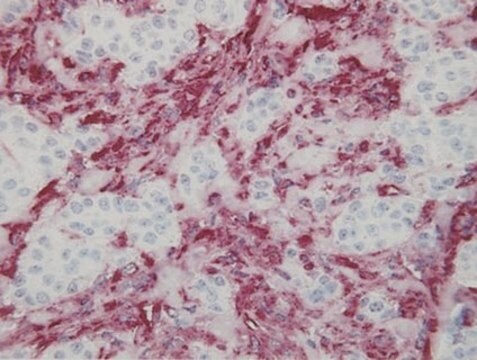SAB4200690
Anti-EpCAM antibody, Mouse monoclonal
clone Ber-EP4, hybridoma cell culture supernatant
同義詞:
Anti-CD326 antigen, Anti-EGP, Anti-Epithelial cell surface antigen, Anti-Epithelial glycoprotein, Anti-KS 1/4 antigen, Anti-KSA, Anti-Major gastrointestinal tumor-associated protein GA733-2, Anti-Tumor-associated calcium signal transducer 1
About This Item
推薦產品
生物源
mouse
品質等級
共軛
unconjugated
抗體表格
culture supernatant
抗體產品種類
primary antibodies
無性繁殖
Ber-EP4, monoclonal
形狀
buffered aqueous solution
物種活性
human
技術
immunofluorescence: 1:500-1:1,000 using human breast adenocarcinoma MCF-7 cell line.
immunohistochemistry: 1:250-1:500 using heat-retrieved formalin-fixed, paraffin-embedded human colon carcinoma sections.
immunoprecipitation (IP): suitable
同型
IgG1
UniProt登錄號
運輸包裝
dry ice
儲存溫度
−20°C
目標翻譯後修改
unmodified
基因資訊
human ... EPCAM(4072)
一般說明
免疫原
應用
- immunofluorescence
- immunohistochemistry
- immunoprecipitation
生化/生理作用
外觀
免責聲明
未找到適合的產品?
試用我們的產品選擇工具.
儲存類別代碼
10 - Combustible liquids
水污染物質分類(WGK)
WGK 1
閃點(°F)
Not applicable
閃點(°C)
Not applicable
我們的科學家團隊在所有研究領域都有豐富的經驗,包括生命科學、材料科學、化學合成、色譜、分析等.
聯絡技術服務
